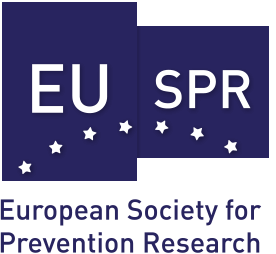- The role of law enforcement in prevention
Law enforcement officers (LEOs) have an important role in preventing crime and problems related to substance use. They can help create safer environments, like nightlife areas and schools, by enforcing the law and working to improve the safety of these areas. LEOs should also work with other prevention professionals to give young people the skills they need to make good decisions and assure safe and nurturing spaces for their development. This Position Paper by the EUSPR and the EU-funded project Frontline-POLITEIA discusses the do’s and don’ts for law enforcement officers (LEO) when they engage in the prevention of harmful behaviours.
- The Icelandic model
European prevention researchers critical about hype on the Icelandic model for youth alcohol use reduction
Prevention decisionmakers, influencers and policymakers are enthusiastic about the alcohol and other drug use reduction strategy showing high success rates for youth in communities in Iceland. The Icelandic model has been broadly and commercially marketed and disseminated. Although it is a promising model, The European Society for Prevention Research (EUSPR) does not recommend to copy-paste, but to use it wisely, just like other scarce prevention resources. You cannot implant this model in communities that do not have Iceland’s particular and specific characteristics. And, you have to be cautious with broad and commercial dissemination of a model tested in one single country.
- Ineffective and potentially harmful approaches in substance use prevention
Prevention methods using shock tactics are proven to be ineffective. Nevertheless, strategies based on predominantly providing information about the dangers of substance use are widespread in Europe. The European Society for Prevention Research (EUSPR) is concerned about those so-called prevention strategies. It calls on decisionmakers, influencers and policymakers to use scientific proof of effectiveness as a criterion for exposing our youth to prevention methods and not to spend public money on rather commercial offers, since there are better and less expensive alternatives.
